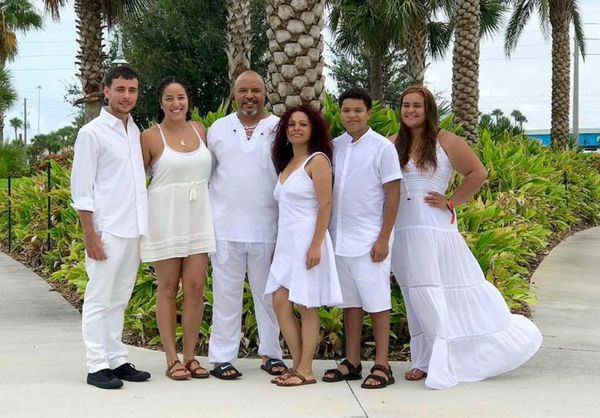A week ago, I was sitting on my bed, scrolling through Twitter, when I saw the news that Joan Rivers passed away. Fresh off the heels of the tragic death of Robin Williams, this announcement signaled another monumental blow to the world of comedy. For the second time in less than a month, my Twitter feed became a whirlwind of mournful messages honoring a fallen trailblazer.
And then something interesting happens. I’m scrolling through my feed, and I stop to read a tweet. There’s nothing particularly unusual about it, more or less a short message with a closing line of “#RIPJoanRivers.” However, the very next tweet on my feed is from the same user, no more than 30 seconds removed from the mourning of Joan Rivers, and it’s a funny picture of a cat from Cute Emergency.I cannot stress enough that I am not here to vilify anyone, to argue anyone’s rights to honor the dead to their utmost desire, or to tell anyone how to tweet. Rather, this sequence of events opened my eyes to something I had been considering for a long time now, something that peaked with the recent celebrity deaths of Robin Williams and Joan Rivers. Social media has irrevocably changed the way that we do many things in life, one of which is the way we treat matters of death and mourning. I’m not completely sure it’s for the better.
Technology allows the people of our generation to instantaneously share their thoughts with the general public, which presents an interesting social phenomenon and ethical debate. Whether people admit it or not, part of social media’s draw is the validation it provides.
Regardless of who you are or how much you care about what other people think, it feels good to see that someone retweeted or favorited something you posted, and that’s nothing to feel guilty over.
This draw towards validation, though, ultimately leads to the ethical dilemma of the elaborate mourning via social media, particularly of celebrities. There’s a delicate line to be walked between proper respect for the dead and validation by retweet, and we’ve all probably crossed it before, whether we’re consciously aware of the fact or not, myself included.
In the endless stream of information and media that has become such a seminal part of modern culture, it’s disturbingly easy to forget that these celebrities are more than a face on a screen – that they’re someone’s wife, husband, mother, or father. For someone out there, this is an all-too-real situation of a lost loved one. My concern with social media is its ability to water down this highly personal and deeply emotional process of grief, even if no one deliberately intends this to happen. At any rate, it's something to consider moving forward.



















